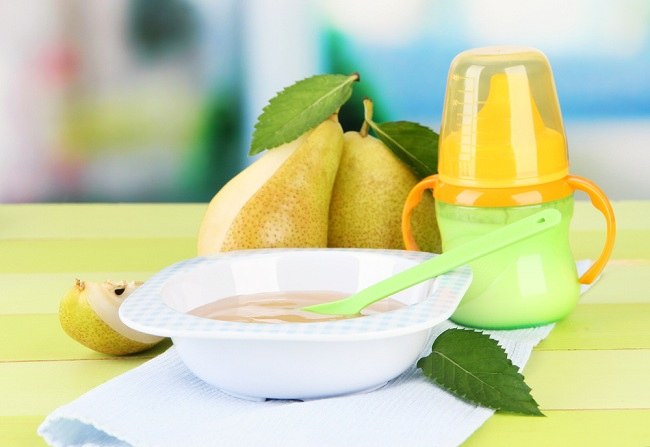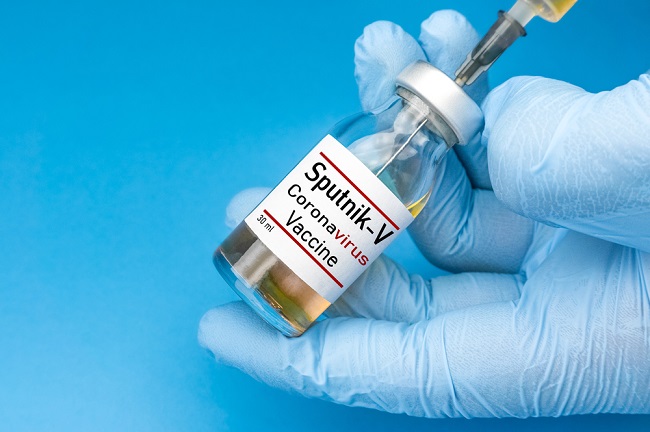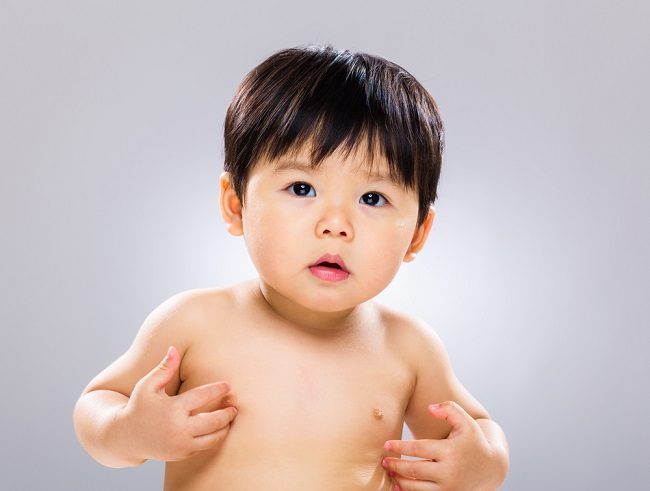Variouskinds of allergies in children can be experienced by the mother's baby, you know. Therefore, it is important forMother knows how to detect allergies in children early, because allergies can interfere with the little one's activities which can reduce their joy.
Your little one may have allergies to cow's milk, eggs, fish, nuts, soy, wheat, drugs, insects, and others. This can cause several symptoms such as frequent sneezing; runny/stuffy nose; red, itchy, and watery eyes; cough; and the appearance of a red and itchy rash.

Allergies are the body's reaction to certain substances or foods. Allergies occur when your child's immune system reacts to substances that trigger allergies (allergens). But, you don't need to worry. Because allergies can be handled if you and your parents take three important steps, namely Recognize, Consult, and Control. These three steps referred to as the '3K' are the key to dealing with allergy symptoms experienced by your little one.
How to Early Detect Allergies in Children
If you have children who have allergies, there are several ways you can do for early detection of your little one's allergies, including:
- Detect Parent's Health History
Allergies experienced by the Little One may come from the mother's medical history as a parent. If both parents or one (mother or father) have allergies, then your little one is also at risk of developing allergies. For this reason, bring your mother's notes (family health history) when checking for your little one. This will make it easier for the doctor to detect allergies that your baby is experiencing.
- Detection in Toddler Age (under three years)
Allergy symptoms can appear in various forms, such as an itchy nose or throat, nasal congestion, cough, wheezing, difficulty breathing, hoarseness of voice, stomach pain, vomiting, diarrhea, itchy and watery eyes, itching, swelling, and can cause loss of consciousness in the child. If this is experienced by your little one, you should immediately take him to the doctor for a proper examination and treatment.
- Scientific Detection
If your little one has allergies, you can determine what substances are triggering factors for allergies. Some tests that can be done to find out allergy triggers are:
Skin prick test(Skin Prick Test). There are two ways to do a skin test, firstly, a drop of liquid from an allergen is applied or dripped on the little one's skin, with a small prick on the skin beforehand. While the second method is that a small amount of allergen is injected into the baby's skin, this test is a bit stinging but not painful. Then, wait about 15 minutes. If there is a red bump like a mosquito bite accompanied by swelling and itching, then the test result is positive. In some cases, this test can be the most accurate and affordable way to find out if your child has allergies. However, it should be noted that a positive skin prick test result does not automatically diagnose an allergy, especially if there are no symptoms of the allergy. In addition, a positive skin prick test also does not predict the severity of an allergic reaction.
blood test. If your little one can't do a skin prick test, then he can do a blood test. In this test, your baby's blood will be examined and his immune system will be analyzed in response to allergens. Blood samples for your little one are usually taken from the back of the hand. Because their skin can go numb after being given a special spray or cream before taking a blood sample. For a blood test, it takes days to confirm the results and costs more than a skin prick test. The risk that arises is pain or bleeding at the injection site. Fainting can also occur during blood testing.
Skin patch test. This test determines what allergens are causing contact dermatitis. The doctor will place a small amount of the allergen on the baby's skin, then cover it with a bandage. After that, the doctor will observe your little one's reaction after 48 to 96 hours. If your little one is allergic to the allergen that is attached, there will be a rash on the area of the skin where the allergen is attached.
After knowing how to detect allergies in children early, you should not ignore the allergies experienced by your little one, OK? Bun. Come on, respond to allergies with 3K so that your little one stays cheerful through their days. Because the smile of the Little One is the greatest happiness for Mother.









